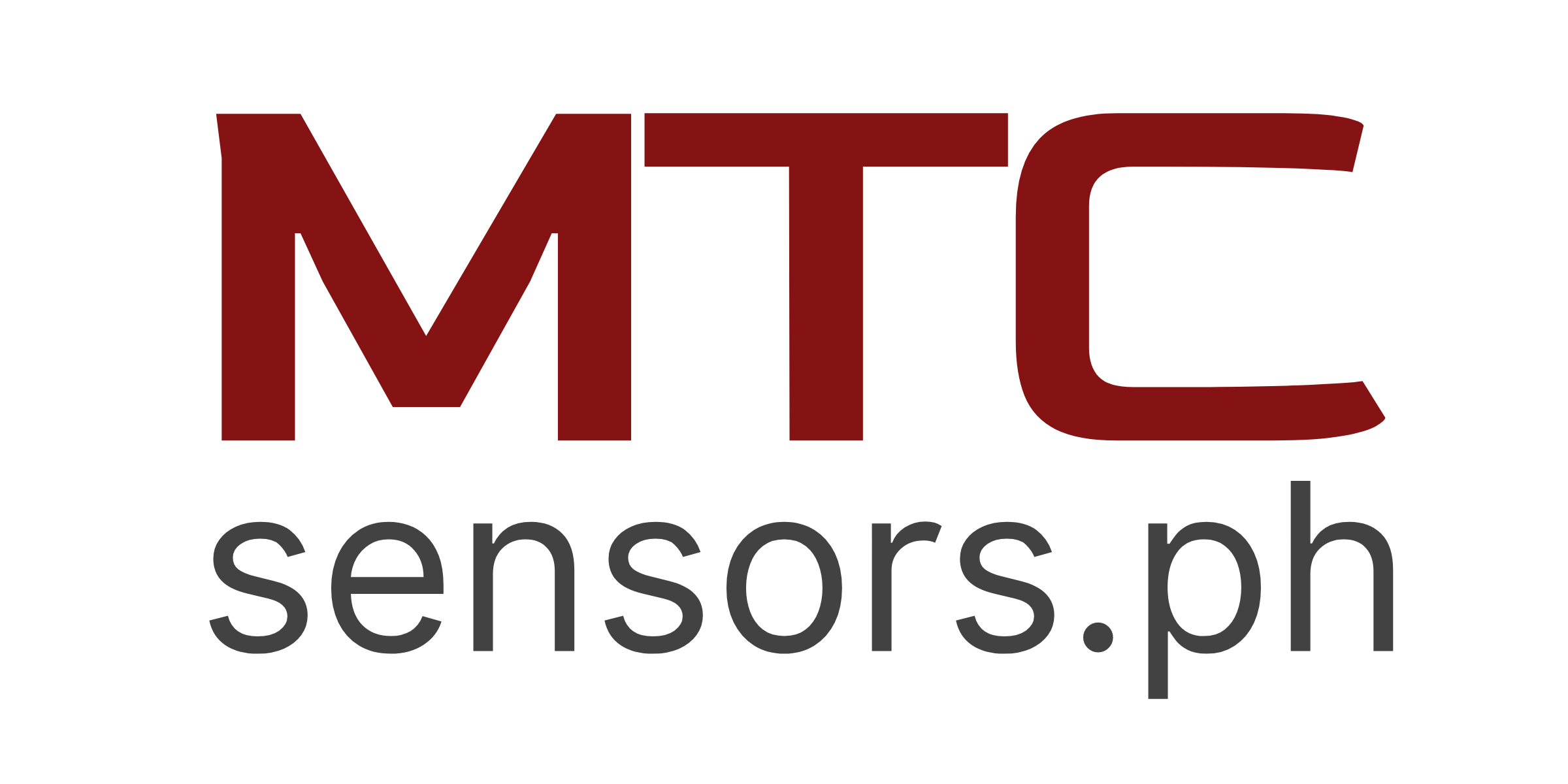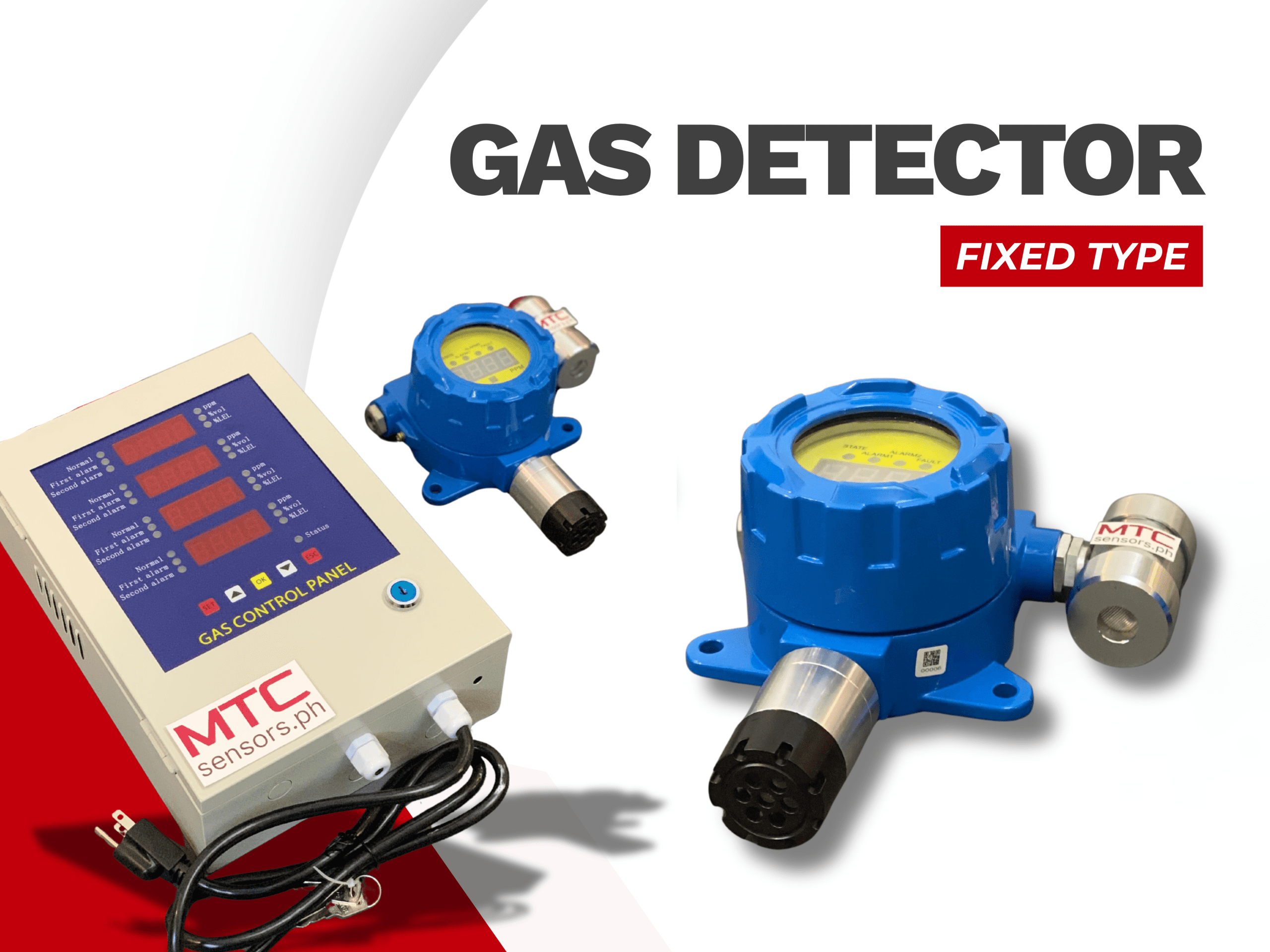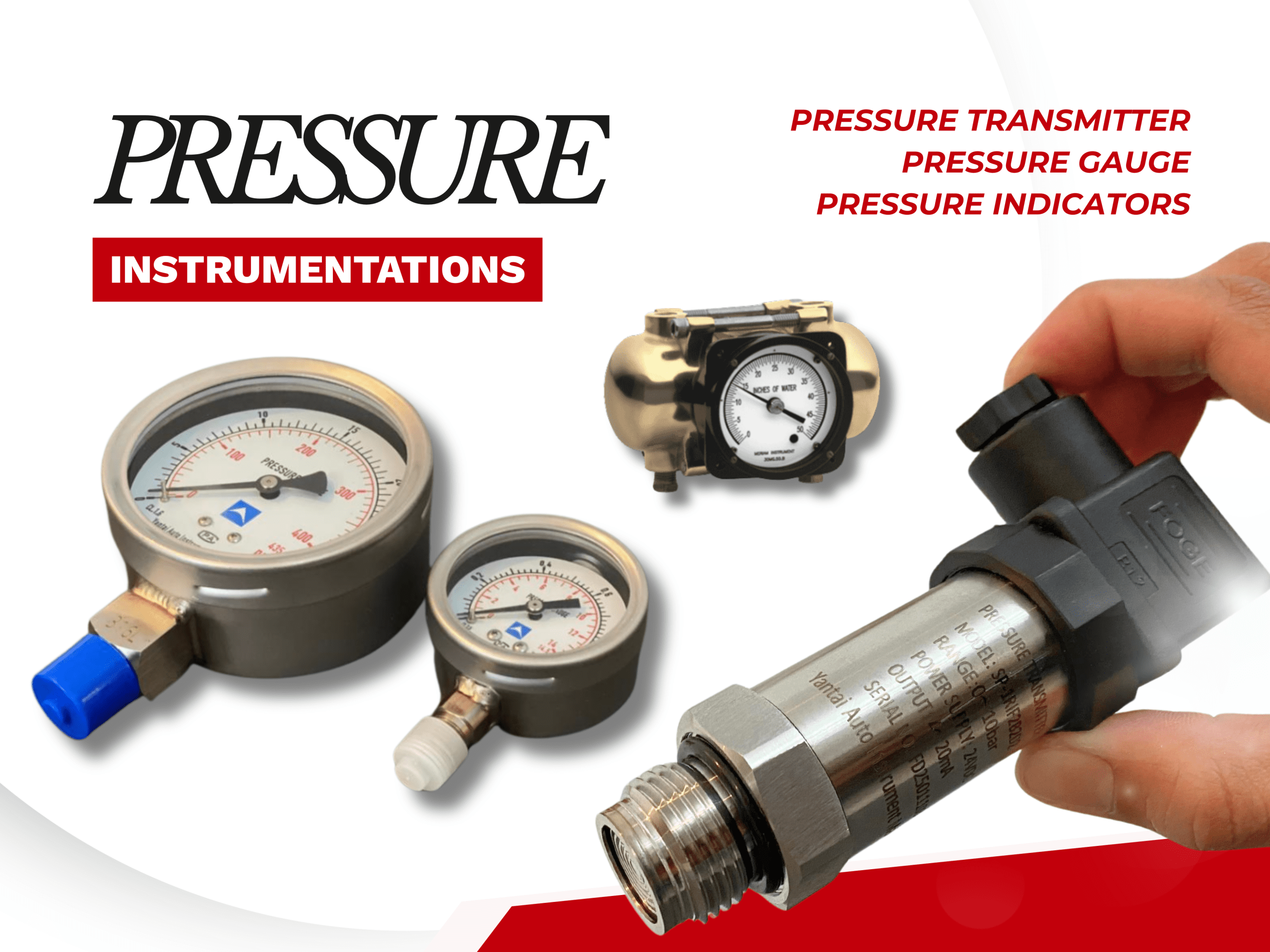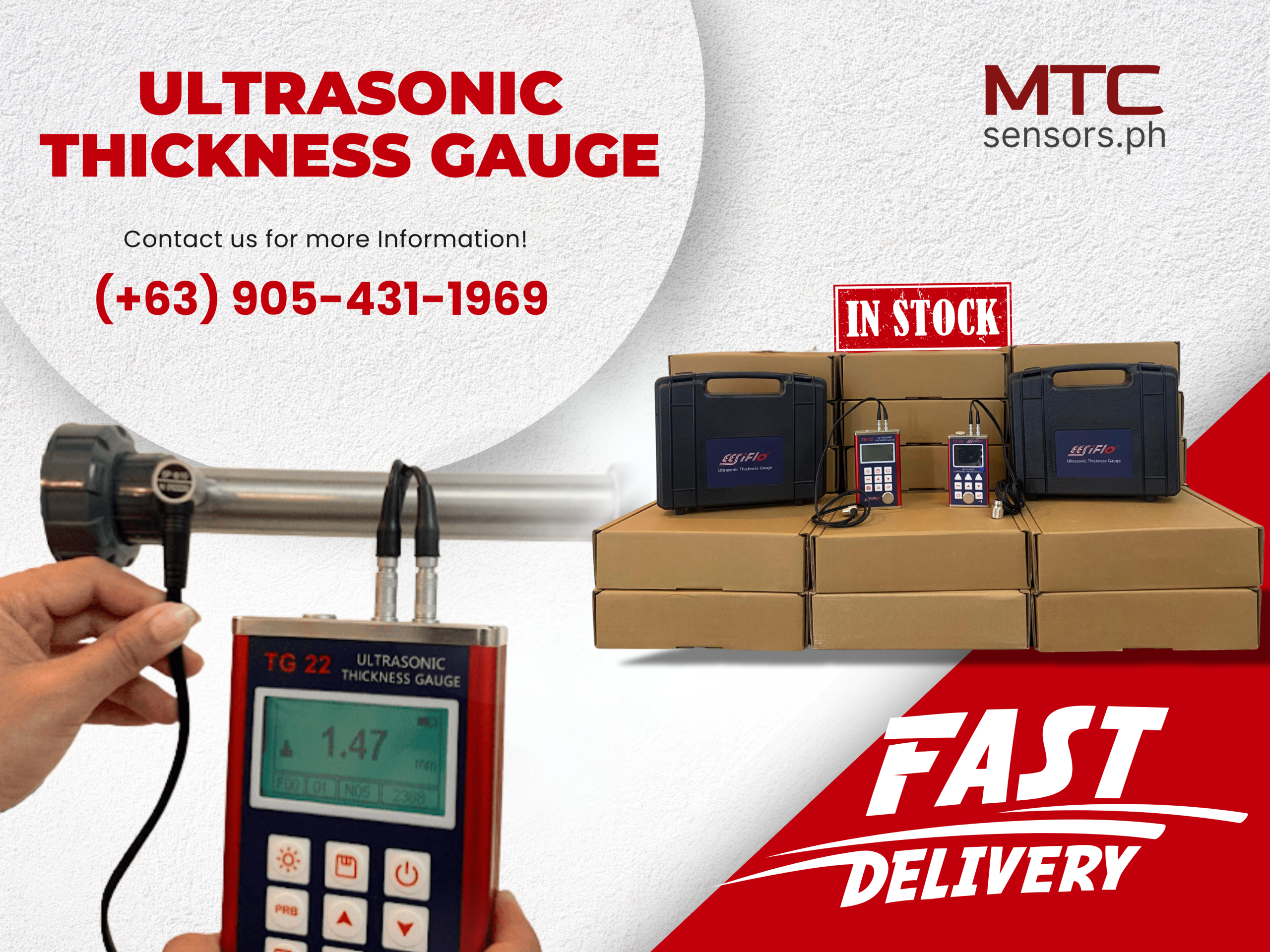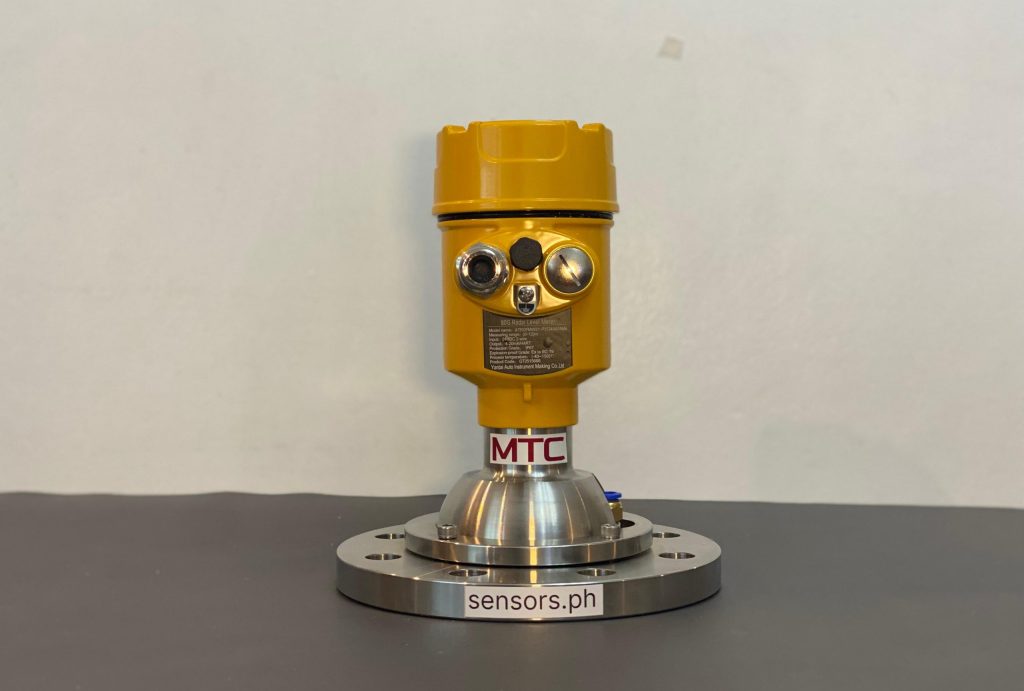Radar Level Gauge
Measurement Technologies Corporation (MTC) supplies advanced Radar Level Gauges designed for precise and continuous measurement of liquid and solid levels in tanks, silos, and vessels. Utilizing cutting-edge radar technology, these instruments deliver non-contact, maintenance-free, and highly reliable level readings — even in extreme process conditions involving pressure, temperature, or vapor.
Filter by Category
Ex-stock Products
Recent News & Events
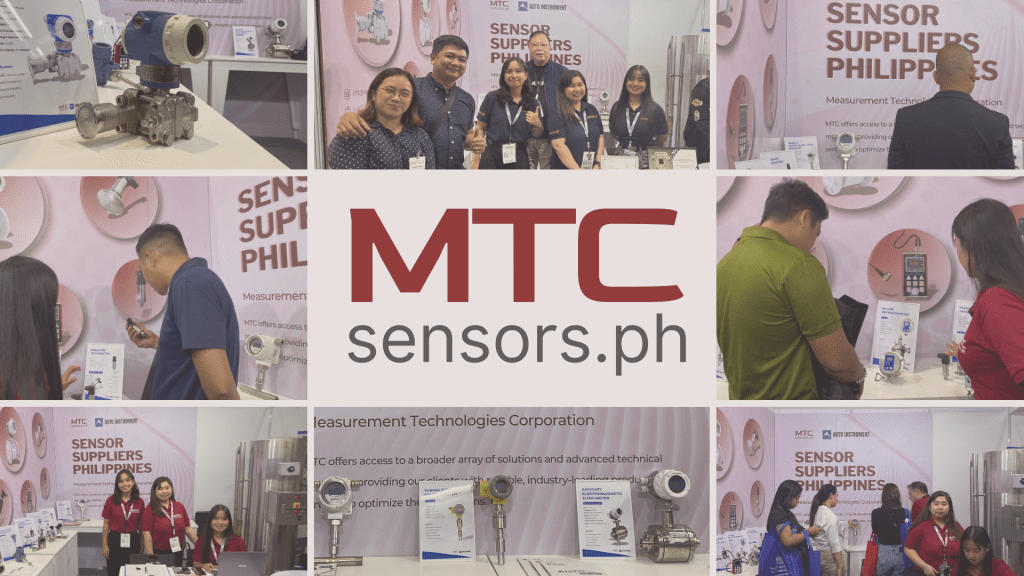
ProPak Philippines 2025
February 12-15, 2025
Measurement Technologies Corporation at ProPak Philippines 2025 – Metro Manila, Philippines
Radar Gauge Tank Level
A (or radar level transmitter) is used because it provides highly accurate, reliable, and maintenance-free measurement of liquid or solid levels — even in harsh or changing process conditions.
Liquid
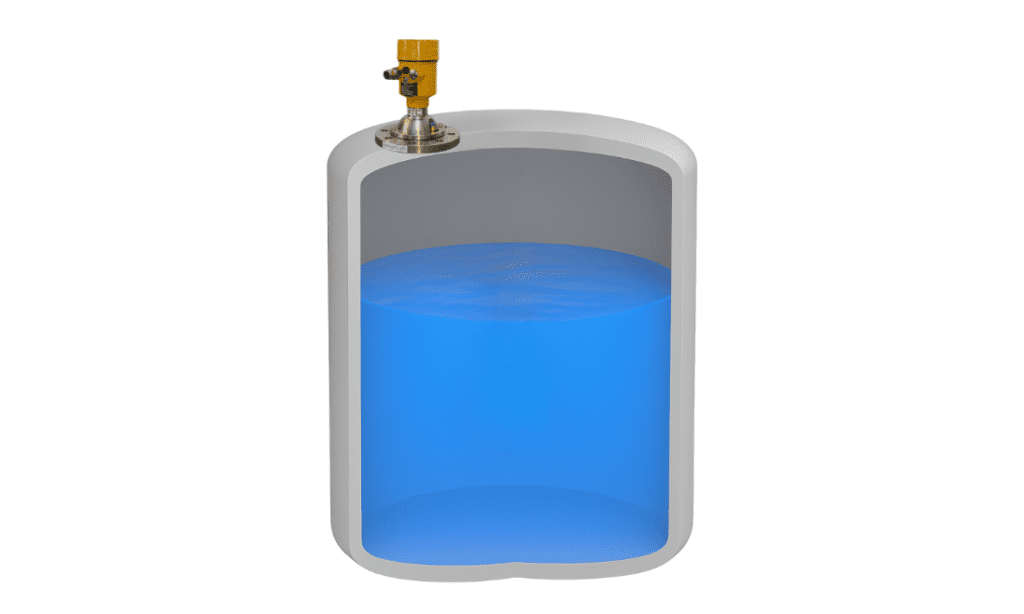
Liquid Level Measurement Using Radar Level
Solid
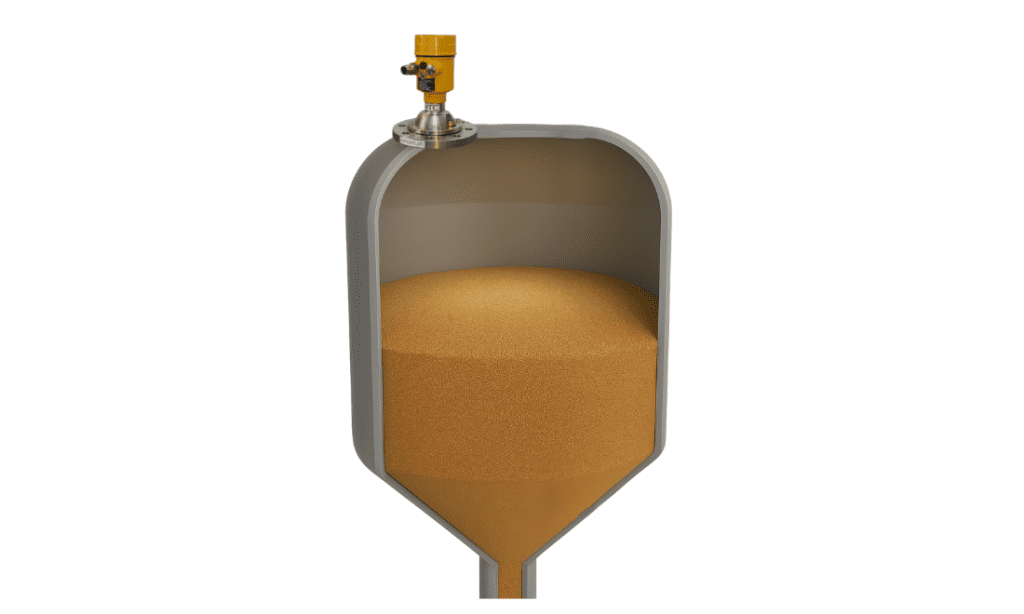
Solid Level Measurement Using Radar Level
Radar level meter use microwave (radio) signals that are emitted toward the surface of a material. The signal reflects back to the sensor, and the time it takes to return is used to calculate the level.
Two main types:
Non-contact radar – Mounted above the tank; microwaves travel through air.
Guided-wave radar (GWR) – Uses a probe or rod to guide the radar signal directly to the material surface.
Advantages
| Feature | Benefit |
|---|---|
| Non-contact measurement | Ideal for corrosive, viscous, or sticky materials — nothing touches the liquid. |
| High accuracy | Typically ±2 mm or better, unaffected by temperature, pressure, or vapor. |
| Works in harsh environments | Performs well in high pressure, high temperature, and dusty or steamy conditions. |
| No calibration drift | Radar is not affected by changes in density, dielectric constant, or conductivity. |
| Low maintenance | No moving parts, minimizing wear and service needs. |
| Suitable for various media | Works with liquids, slurries, and solids (like grains or powders). |
A radar level gauge is the best choice when you need accurate, maintenance-free, and reliable level measurement under demanding process conditions — where other technologies (like ultrasonic or float types) may fail.
Having trouble selecting the best instrument for your application?
Here’s a guide to help you choose the right instrument for your industry. You may also reach out to our technical team for expert guidance tailored to your specific process needs.
